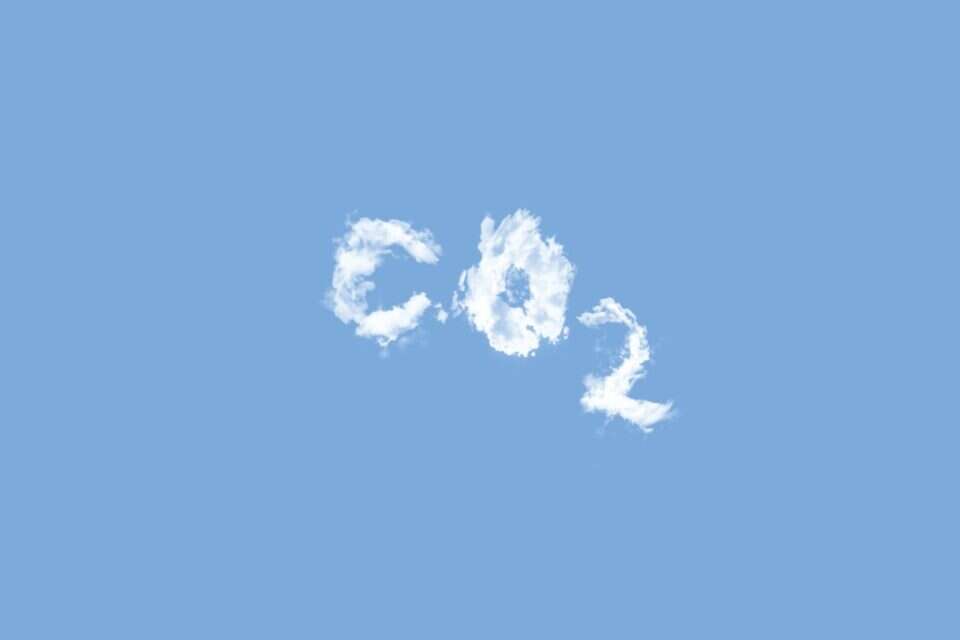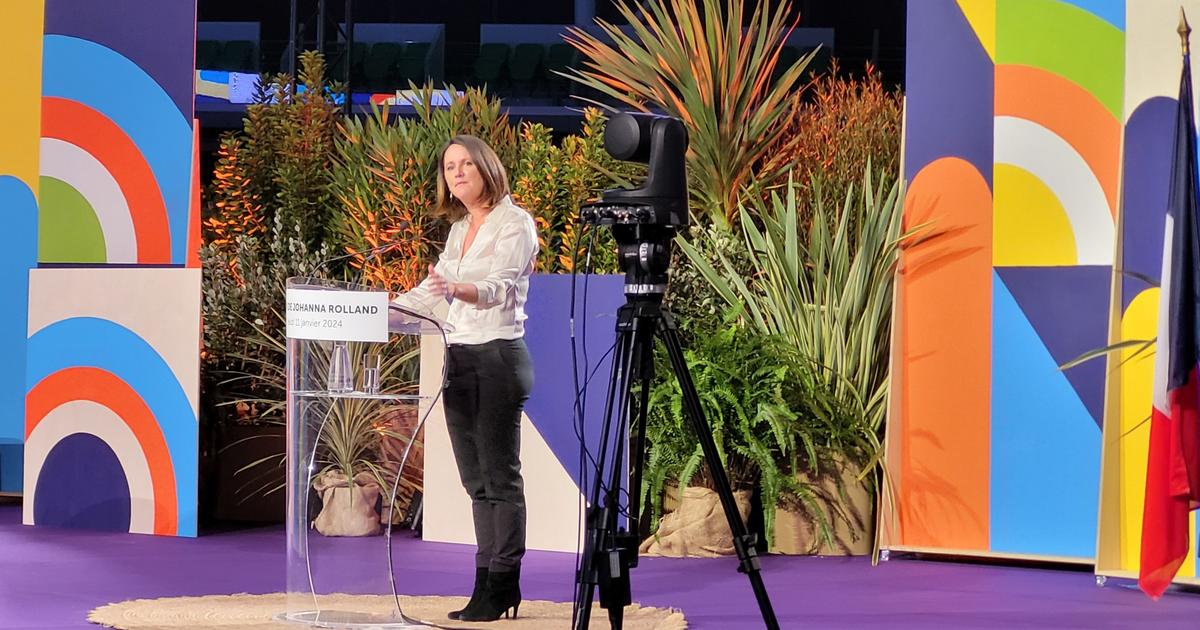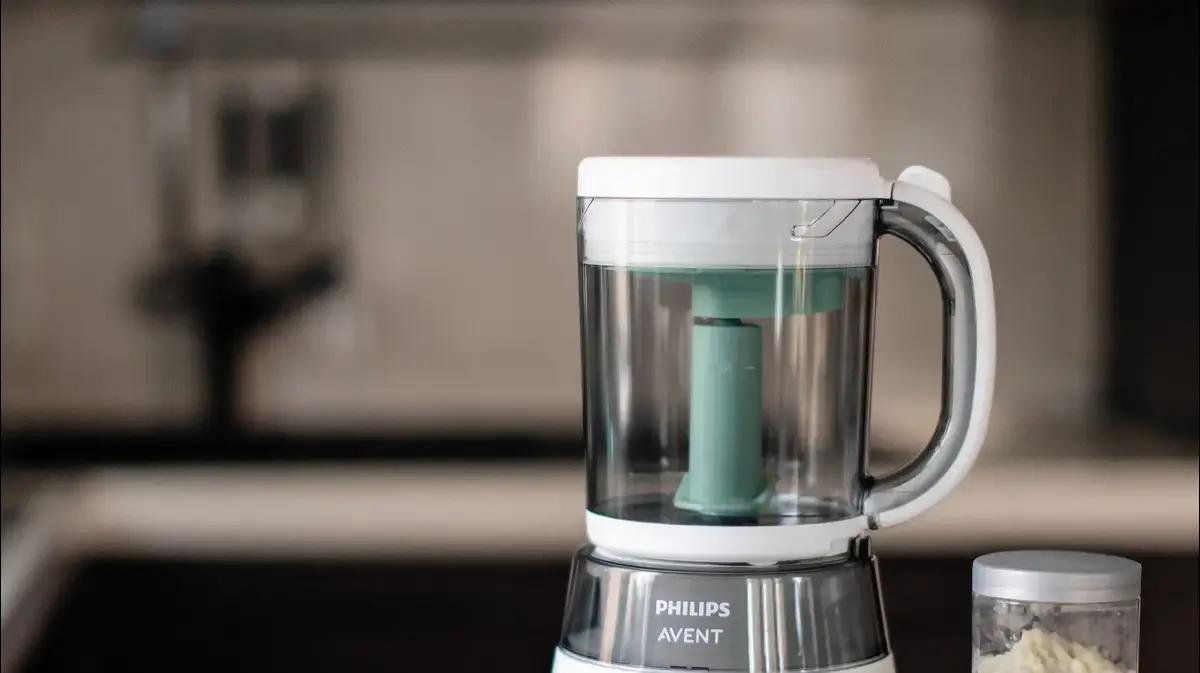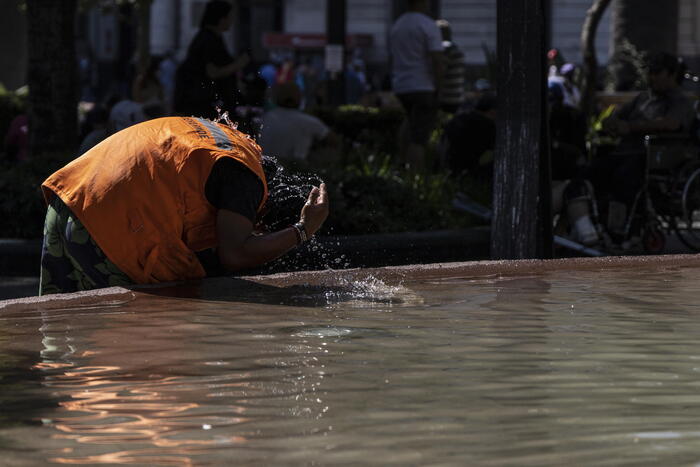In collaboration with Thermotech
What is happening in Europe?
The energy crisis in Europe is in full swing.
Some argue that this is a failed managerial treatment resulting from short-term vision, but the heavy price the population pays is long-term.
Many Europeans express fear that they will not have enough gas and other resources needed to heat their homes in the cold winter.
How did this situation arise?
In the world markets, a clear trend of slowing growth can be observed.
In the US, a growth of about 1% is predicted and in Europe, a growth of about 1.2% is predicted. These numbers express a slowdown in growth and this situation has not escaped China either, which is growing but at a rate lower than its normal growth rate.
And what about energy prices?
These have jumped significantly since the outbreak of the Russia-Ukraine war.
To put it bluntly, since the beginning of 2022, natural gas prices have tripled soon.
And what do we do with it?
Several optional solutions at the same time:
a call to save on household and institutional energy expenses, attempts to limit the heating temperature with the help of various regulations, including limiting the consumption of natural gas by allowances.
Attempts to switch to additional heating methods such as heating (wood and coal) or initiatives to impose additional taxes on energy companies, which are the biggest beneficiaries of the situation, in order to increase the budget for dealing with the energy crisis.
Many more optional solutions are offered related to the planning of importing natural gas from other parts of the world, increasing its storage capacity and more.
But we are here in Israel. How does the cooling affect us?
Although the winter in Israel is not similar to the European winter and some would argue that it is not as hard as in Europe.
In contrast, there will be those who claim that despite the higher temperatures in the Israeli winter, they feel colder than the actual measured temperatures.
Photo: Zeev Stein, from the wikiwiki site,
How does that happen?
It turns out that there is a phenomenon called acclimatization.
The human body gets used to feeling a certain temperature during the season, so it may experience extreme temperatures more than normal than the actual temperature fluctuations.
That is, if we live in a hot climate and are used to heat and even when it is cold we are in a heated house, our body will feel the cold outside the house as an extreme and colder temperature.
Other factors that affect the feeling of temperature are the degree of humidity, the strength of the wind, the amount of precipitation and more.
And what is happening with the climate crisis in Israel?
The climate crisis and the energy crisis did not escape us either.
This means that the heating costs increase from year to year and they are also affected, among other things, by the global price increase in the field of energy sources and their production methods.
Like the rest of the world, here too the climate crisis affects the energy crisis.
There have been studies that found that there is a causal relationship between energy consumption, carbon emissions and economic output.
So both the energy crisis affects the climate crisis and the opposite is also true, so the relationship is definitely two-way.
What are the proposed green solutions for heating?
There are various solutions that offer heating options with greener means and those that are less green, but there is no doubt that one of the most prominent among them is the heat pumps used for underfloor heating.
We asked the experts from the "Thermotech" company, the leaders in the production and installation of underfloor heating systems in Israel, and received a comprehensive explanation of the heat pumps they use.
These are pumps with a heat efficiency coefficient of 4 (COP 4) and are the greenest, most efficient and most worthwhile solution (in terms of costs), which makes it possible to reduce one's carbon footprint on the environment (and "on the road" also reduces the footprint of the heating means on our bank account).
Photo: Thermotek,
In other words, this means of heating can be illustrated as a very smart investment: while we invest 4.5 units of energy, we produce heat equivalent to 18 units of energy.
That is, the heating efficiency is 4 times the amount of energy invested.
There is no doubt that this is a very green and economical solution.
How effective are these heat pumps?
To answer this question, we will clarify several facts regarding heat pumps.
How does a heat pump work?
A heat pump provides air conditioning (heating the temperature of the space) and humidity control.
How does it work?
The way it works is very reminiscent of a refrigerator or an air conditioner.
By using electricity for cooling, it extracts the heat and transfers it from one place to another.
That is, unlike other means of heating, it does not produce heat, but uses energy that already exists to transfer the heat from another place to the desired area.
This method is correct and suitable even on the coldest days.
What types of heat pumps are there?
Air-air heat pump (a heat pump whose source is air) - such a pump extracts heat from the outside air and transfers it to the desired space.
This is a pump that is considered easy to install and store and is not expensive.
A heat pump that originates from the ground - this pump is also called a geothermal heat pump.
It extracts the heat energy from the ground that is around the foundations of the house and transfers it into the space.
A heat pump whose source is vented to water - this is a heat pump that draws the heat from a water source and draws the water from the water source directly to the heat pump.
This solution is only suitable for cases where there is a water source available near the house such as a large pond or lake.
ON/OFF heat pumps - are heating and cooling systems that use a compressor to transfer thermal energy from one place to another, usually outside the house inside.
The pumps turn the cold air from outside into heat using a special compressor to heat the water in the underfloor heating system.
The compressor turns off and on as needed to maintain the desired temperature.
This type of heat pump is more energy efficient than traditional heating systems.
INVERTER heat pump - uses air as a heat source and uses an inverter-driven compressor to regulate their output based on the desired temperature.
This technology allows the pump to effectively adjust its output while adapting to the heating needs of the space, resulting in greater energy savings compared to a traditional heat pump that works with the ON/OFF method.
These are the main types of pumps.
There are other different types, but they are not very common, so we did not dwell on them.
And what about the performance efficiency of the heat pumps?
Under laboratory conditions, a heat pump can transfer 300 percent more energy than it consumes.
This is the reason why electric heat pumps can lead to very significant savings in fuel consumption.
You must be wondering how to choose the most suitable heat pump?
Here you need the help of professionals, experienced and professional people who knew how to adapt the right technology to suit the heating of your property, one that will do the job with maximum efficiency and minimal cost.
It is said that choosing the optimal heating method will result from the most correct combination between the energy performance coefficient and the seasonal energy efficiency ratio, and will take into account short-term and long-term costs, taking into account the size of the space to be heated.
In collaboration with Thermotech














